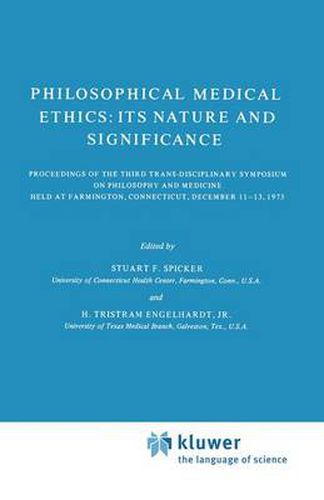Readings Newsletter
Become a Readings Member to make your shopping experience even easier.
Sign in or sign up for free!
You’re not far away from qualifying for FREE standard shipping within Australia
You’ve qualified for FREE standard shipping within Australia
The cart is loading…






This title is printed to order. This book may have been self-published. If so, we cannot guarantee the quality of the content. In the main most books will have gone through the editing process however some may not. We therefore suggest that you be aware of this before ordering this book. If in doubt check either the author or publisher’s details as we are unable to accept any returns unless they are faulty. Please contact us if you have any questions.
in a scientific way, and takes the patient and his family into his confidence. Thus he learns something from the sufferer, and at the same time instructs the invalid to the best of his power. He does not give his prescriptions until he has won the patient’s support, and when he has done so, he steadilY aims at producing complete restoration to health by persuading the sufferer in to compliance (Laws 4. 720 b-e, [28]). This passage shows the perennial nature of the problems of treating the patient as a person. It shows as well the historical'depth of philosophical interest in medicine. The history of philosophy includes more reflections upon medical ethics than the casual reader might suspect. Many of these reflections are pertinent to contemporary issues such as abortion and population control. Plato, for example, recommends abortion in cases of incest (Republic 5. 461c); and Aristotle argues for letting seriously deformed children die, while forbidding infanticide as a means of popUlation control, suggesting instead the use of early abortions. ‘As to the exposure in rearing of children, let there be a law that no deformed child shall live, but that on the ground of an excess in the number of children … let abortion be procured before sense and life have begun; what mayor may not be lawfully done in these cases depends on the question of life and sensation’ (Politics VII, 16,335 b20-26, [4]).
$9.00 standard shipping within Australia
FREE standard shipping within Australia for orders over $100.00
Express & International shipping calculated at checkout
This title is printed to order. This book may have been self-published. If so, we cannot guarantee the quality of the content. In the main most books will have gone through the editing process however some may not. We therefore suggest that you be aware of this before ordering this book. If in doubt check either the author or publisher’s details as we are unable to accept any returns unless they are faulty. Please contact us if you have any questions.
in a scientific way, and takes the patient and his family into his confidence. Thus he learns something from the sufferer, and at the same time instructs the invalid to the best of his power. He does not give his prescriptions until he has won the patient’s support, and when he has done so, he steadilY aims at producing complete restoration to health by persuading the sufferer in to compliance (Laws 4. 720 b-e, [28]). This passage shows the perennial nature of the problems of treating the patient as a person. It shows as well the historical'depth of philosophical interest in medicine. The history of philosophy includes more reflections upon medical ethics than the casual reader might suspect. Many of these reflections are pertinent to contemporary issues such as abortion and population control. Plato, for example, recommends abortion in cases of incest (Republic 5. 461c); and Aristotle argues for letting seriously deformed children die, while forbidding infanticide as a means of popUlation control, suggesting instead the use of early abortions. ‘As to the exposure in rearing of children, let there be a law that no deformed child shall live, but that on the ground of an excess in the number of children … let abortion be procured before sense and life have begun; what mayor may not be lawfully done in these cases depends on the question of life and sensation’ (Politics VII, 16,335 b20-26, [4]).